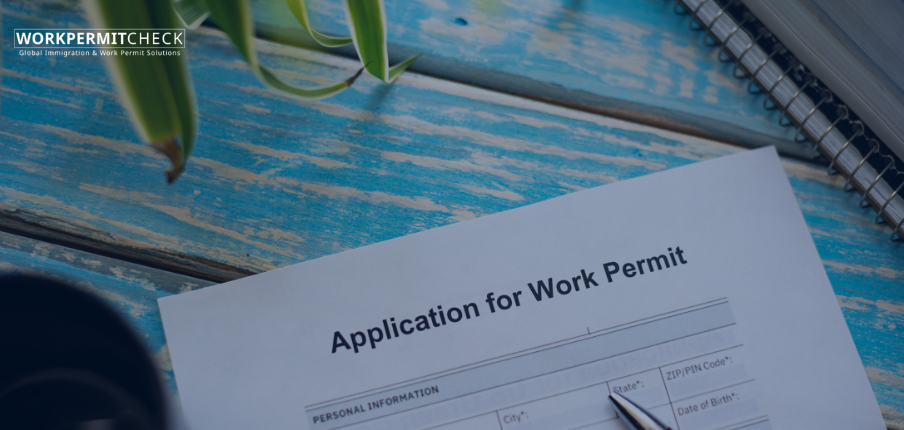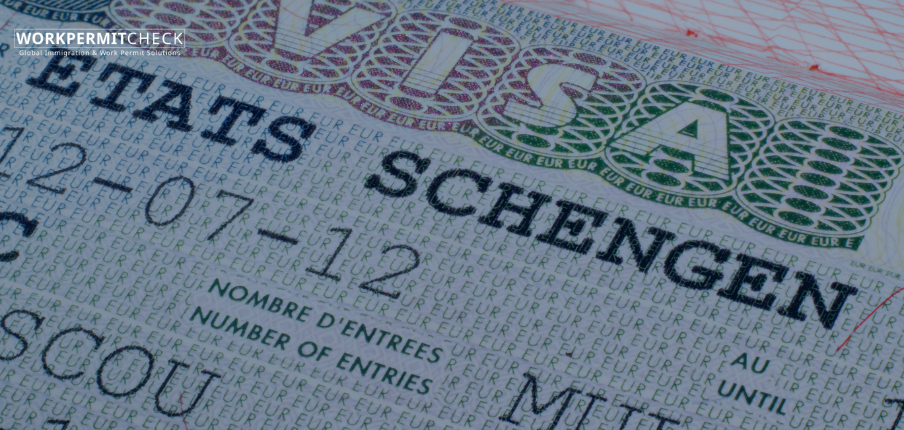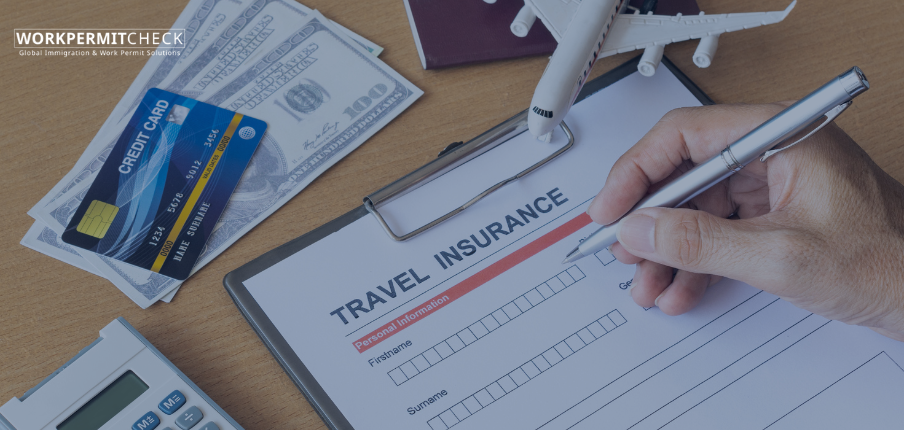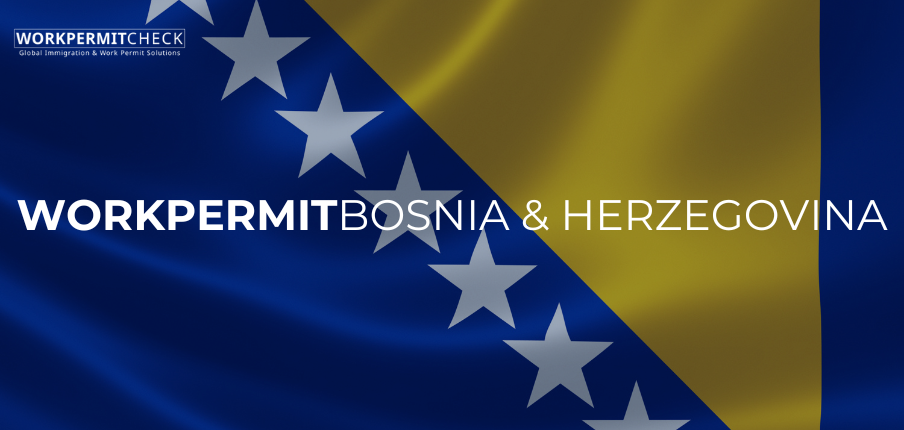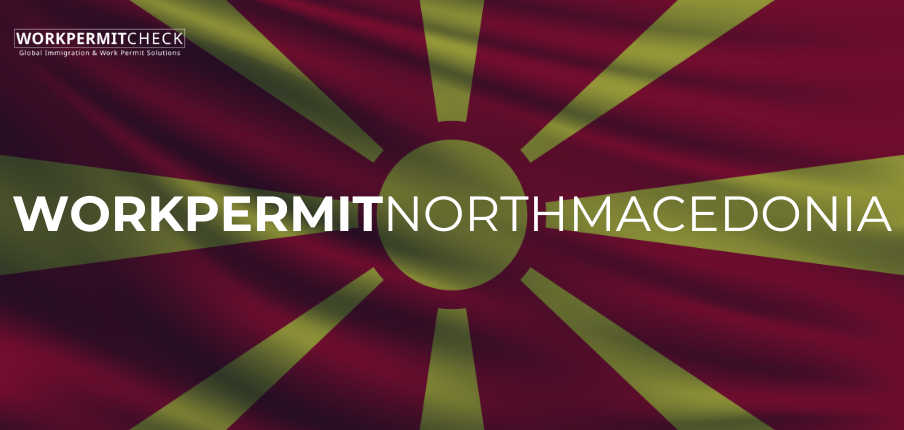Switzerland, known for its strong economy, high quality of life, and stable job market, is a popular destination for foreign professionals. However, working legally in Switzerland requires a valid work permit. The eligibility criteria for a Swiss work permit depend on several factors, including nationality, type of employment, qualifications, and the current labor market needs.
1. Nationality-Based Eligibility
Switzerland differentiates between EU/EFTA nationals and non-EU/EFTA nationals when it comes to work permits.
A. EU/EFTA Nationals
Citizens of the European Union (EU) and European Free Trade Association (EFTA) countries (Iceland, Liechtenstein, Norway) benefit from the Agreement on the Free Movement of Persons. This provides easier access to the Swiss labor market.
Eligibility for EU/EFTA Nationals:
-
Must have a valid employment contract or be self-employed.
-
Can enter Switzerland without a visa and apply for a residence/work permit after arrival.
-
Do not require labor market tests in most cases.
B. Non-EU/EFTA Nationals
For citizens from third countries (non-EU/EFTA), the criteria are more restrictive.
Eligibility for Non-EU/EFTA Nationals:
-
Must have a valid job offer from a Swiss employer.
-
Employer must prove that no suitable Swiss or EU/EFTA candidate is available (labor market test).
-
Must possess a university degree or equivalent professional qualifications.
-
Should have several years of professional experience.
-
Employer must demonstrate that the job is in the interest of the Swiss economy.
-
Application must comply with the national quota system for work permits.
2. Employer Requirements
For a Swiss employer to sponsor a work permit, they must:
-
Demonstrate that recruitment efforts within Switzerland and the EU/EFTA area were unsuccessful.
-
Provide evidence that the foreign worker is essential for the role.
-
Offer wages and working conditions in line with Swiss standards.
3. Self-Employed and Freelancers
-
EU/EFTA citizens can set up a business or work as freelancers in Switzerland but must register with the local authorities and provide proof of sustainable income.
-
Non-EU nationals face greater challenges and must prove their activity is economically viable and of interest to the Swiss economy.
4. Students and Interns
-
International students enrolled in Swiss universities may work up to 15 hours per week during the semester.
-
Internships must usually be part of a recognized training program.
-
Non-EU/EFTA students must live in Switzerland for at least 6 months before starting part-time work.
5. Family Members
-
Spouses of EU/EFTA citizens with Swiss residence can work without additional permits.
-
Spouses of non-EU/EFTA citizens with B or C permits may be eligible to work, depending on the terms of the residence permit.
6. Special Categories
-
Researchers, scientists, and healthcare professionals may have access to streamlined procedures.
-
Cross-border workers (residents of neighboring countries) may be eligible for G permits if they work in Switzerland but live outside.
Conclusion
Eligibility for a Swiss work permit depends largely on your nationality, professional qualifications, and the nature of your employment. While EU/EFTA nationals enjoy more relaxed entry into the job market, non-EU/EFTA nationals face stricter criteria and limited quotas. It’s crucial to ensure that all legal and documentation requirements are fulfilled before applying.
Disclaimer:
This article is for informational purposes only and does not constitute legal advice. Work permit regulations and eligibility requirements are subject to change. Please consult the official Swiss government sources or a qualified immigration expert for the most accurate and up-to-date information.

